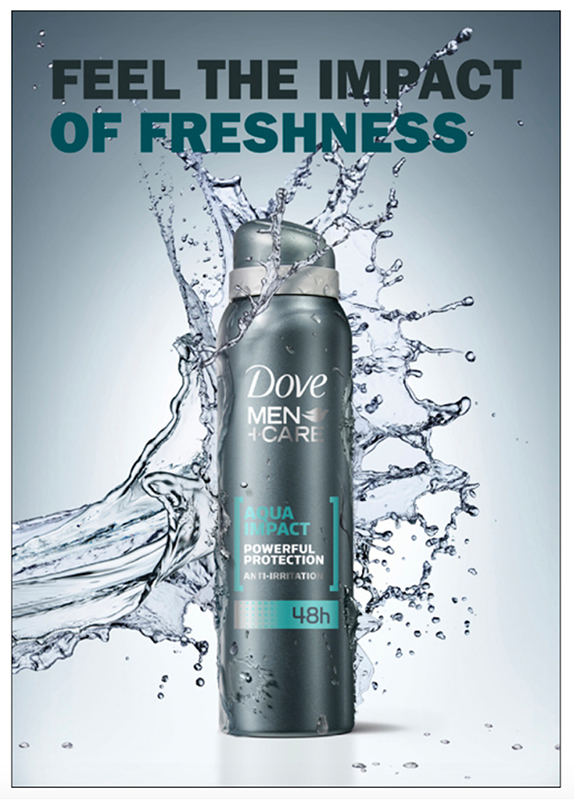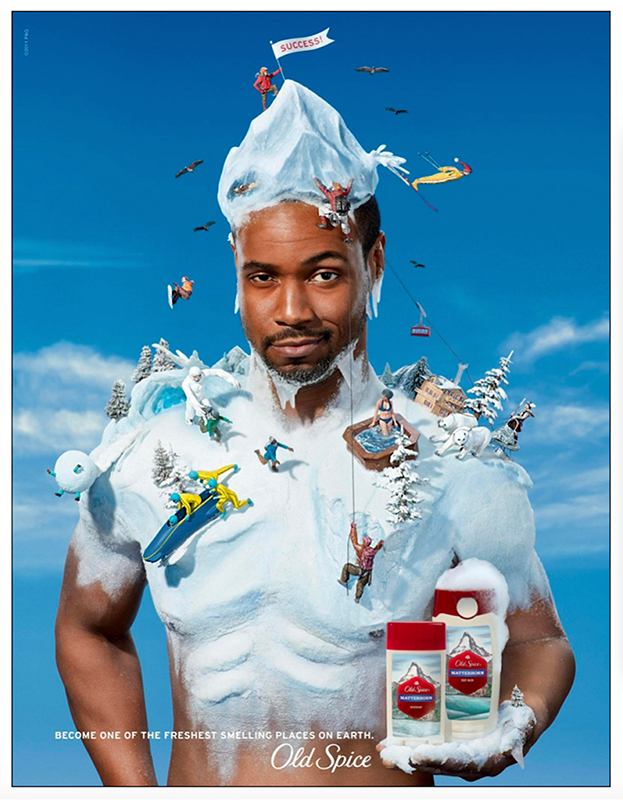Thinking About Building Your Own Brand? Avoid These Common Mistakes.
It’s not uncommon for business owners to take a stab at building their own brand, whether the goal is to save money or the owner feels confident they can tackle it on their own. This DIY approach may create a strong enough platform to get started, but it often has a limited shelf life and business owners find themselves feeling their brand isn’t working as well as they had hoped.
To avoid common mistakes when building your own brand, we have compiled five points to help you through the process. Following these tips will help ensure that you are creating a brand dialogue that is not only unique to you, but one that will:
- Help you attract the right customers
- Help you attract the right employees
- Increase the ROI on your marketing spend
- Make you more attractive to potential buyers or investors
- Better survive industry downturns or unintentional mistakes
- Help you keep your product or business from becoming a commodity
So, as you set forth in building your own brand, remember to ask yourself the following questions and consider these standard branding tools that agencies utilize to craft their client’s brand.
1: Are you promoting “what we do” instead of “why us”?
Nearly every time a potential customer connects with your brand, they already know they need your service. What they really need to know is why they should pick you rather than a competitor. A good exercise when you are reviewing your marketing materials is to remove your logo from the page and evaluate by considering if what you are communicating is unique to your industry. Could others in your space make the same claims?
Another way to approach this opportunity is to consider how your existing customers are recommending you to their network. Nearly every time the referral is based on the customer’s experience with your company. It’s more emotional. This experience should be the foundation for building your own brand, and finding your brand’s voice. If you’re not in touch with how your customers speak to others about their experience with your business, don’t be afraid to ask them.
2: Is your voice unique and consistent? Try selecting an Archetype.
Determining a brand archetype is a common branding tactic used by agencies, which you can also use when building your own brand. This may sound fancy, but it’s really nothing more than creating your brand’s personality—how does it walk and talk to create consistency and differentiation.
- Caregiver – Desires to nurture and take care of others
- Ruler – Desires power and controlling the world around them
- Creator – Unlocks imagination and produces exceptional work
- Lover – Shares their passions and desires to be in a close relationship their customer
- Innocent – Wants to create happiness and renew faith
- Jester – Wants to have fun and entertain others
- Magician – Desires to understand the universe and make dreams come true
- Explorer – Does not like to be fenced in and looks to have a more authentic life
- Sage – Looks to discover the truth and understand the world
- Everyday Person – Wants to fit in, connect with others and have the common touch
- Hero – Creates mastery through courageous acts
- Outlaw – Looks to stand out and be the alternate to the mainstream
Leveraging an archetype is a shortcut to helping people understand your place in your industry, as we have been surrounded by these characters our whole lives. Think about Star Wars or Game of Thrones. You can probably go through each of the archetypes and assign them to the characters you know in these shows.
Let’s look at archetypes in action. Here are ads from two different men’s personal care brands. While they are both selling “freshness,” they do this in very different ways.


Dove embraces the Caregiver archetype, while Old Spice has fun with being the Jester. Dove’s approach is all about making you feel good, while Old Spice’s approach is entertaining, a little goofy, and memorable. Both brands sell similar products and by embracing an archetype, they are both successful and memorable in the same space.
It’s good practice to audit your competitors and identify which archetype they are embracing, as best as you can. For example, most branding agencies would identify with the Creator archetype. So for Reckon Branding, in a sea of Creators, we chose to claim the Caregiver archetype. This felt natural for us because of how we communicate and work with our clients.
3. Are you finding your messaging being mainly about price, products, or promotions? If so, you are not building a brand.
While it may be tempting to promote cost savings or (what you consider to be) better products, these may quickly change, and everyone can undercut your pricing by a few bucks with little effort. Most customers (the ones you really want) would pay a little more for quality service and a more enjoyable experience. Building your own brand on more emotional aspects allows your customer to feel a stronger connection and increase brand alliance.
4. Do you feel your team is brand-aligned? Consider working through some of the tried and true branding exercises to further define your brand and get team buy-in.
Here are a few foundational branding efforts that you can try on your own. Below, we’ve shared what we developed for Reckon as an example of these exercises in action:
A: Select Your Brand Essence Words
These 3 words, typically in tension with each other, act as the tent poles or guidance for your brand when creating messaging. For Reckon, we chose the following:
- Curious – We are always looking for better solutions
- Practical – We realize one size (or budget) doesn’t fit all and we have to be smart about how to allocate our clients’ budgets
- Southern – In Reckon’s case, Southern isn’t synonymous with the word “y’all,” although you will likely hear it in our office. It’s more about our personalities and work ethics.
B: Define Your Mission Statement
This clearly communicates your brand’s purpose, objectives, and conveys how your brand intends to serve its audience. For Reckon, we created the following:
- We strive to create happiness for passionate people.
For Reckon, this is incredibly relevant as we desire to work with individuals who are passionate about their companies and also communicates that we are focused on keeping our internal team happy.
C: Create Your Brand Vision Statement
This is a short phrase describing the future your brand is working towards. This will align and inspire your employees and partners. For us, our statement is:
- To be the branding agency where passionate creative and passionate brands come together to grow.
We know growth is critical to not only our clients, but our staff as well, and we aim to create an environment that inspires both.
D: Write A Brand Positioning Statement
This outlines what your company does, for whom, and what makes it different. Our positioning statement is:
- For passionate brand stewards, Reckon is the creative-led agency that provides ongoing full-service branding and creative partnership, because we believe a brand is a living entity that deserves consistent support to truly succeed.
For us, this statement speaks about our choice to work with those who are invested in their brand, that our clients will work directly with the creatives developing their materials, and that our relationship goes beyond just the initial brand creation.
Dig deeper into these branding exercises by reading Six Free Resources to Help Define Your Brand Without Hiring an Agency. We also created an overview video you can watch here to accompany these exercises, and share with your team.
5. Have you shared your newly-defined brand?
You’re going to put a significant amount of time and money into building your own brand, so be sure to document and share the process and results with all who play a part in crafting your brand. This goes beyond creative partners or leadership. This is the kind of information your sales team, your customer service team, and really anyone who interacts with existing or potential customers should know.
If you’d like to watch a video where we get a bit more detailed, please check out our tutorial overview. This is also a good reference to share with your team if you plan to include anyone else in this process.
We realize engaging with a branding agency may be more than your budget allows as you launch your brand, so we hope these tips will help guide you in building your own brand that truly sets you apart from your competition and takes you down a path of great success.
As always, if you have any questions or would like to run your results by us for a free audit, please feel free to connect with me at andy@reckonbranding.com.

